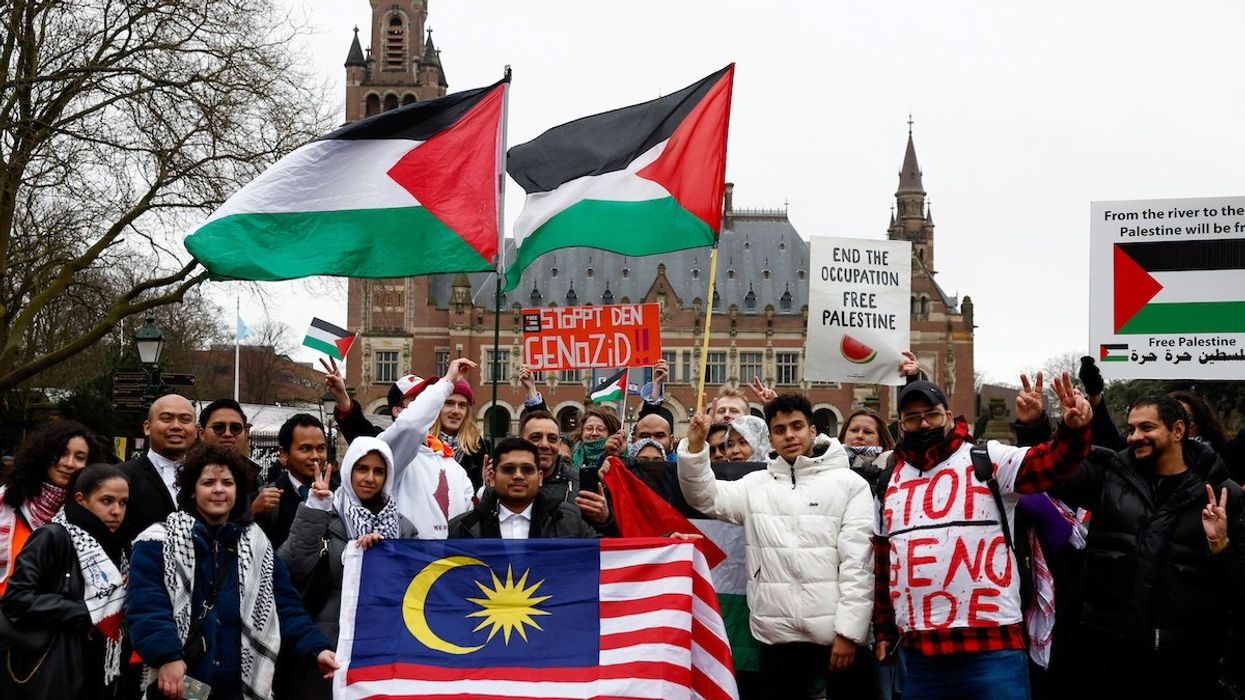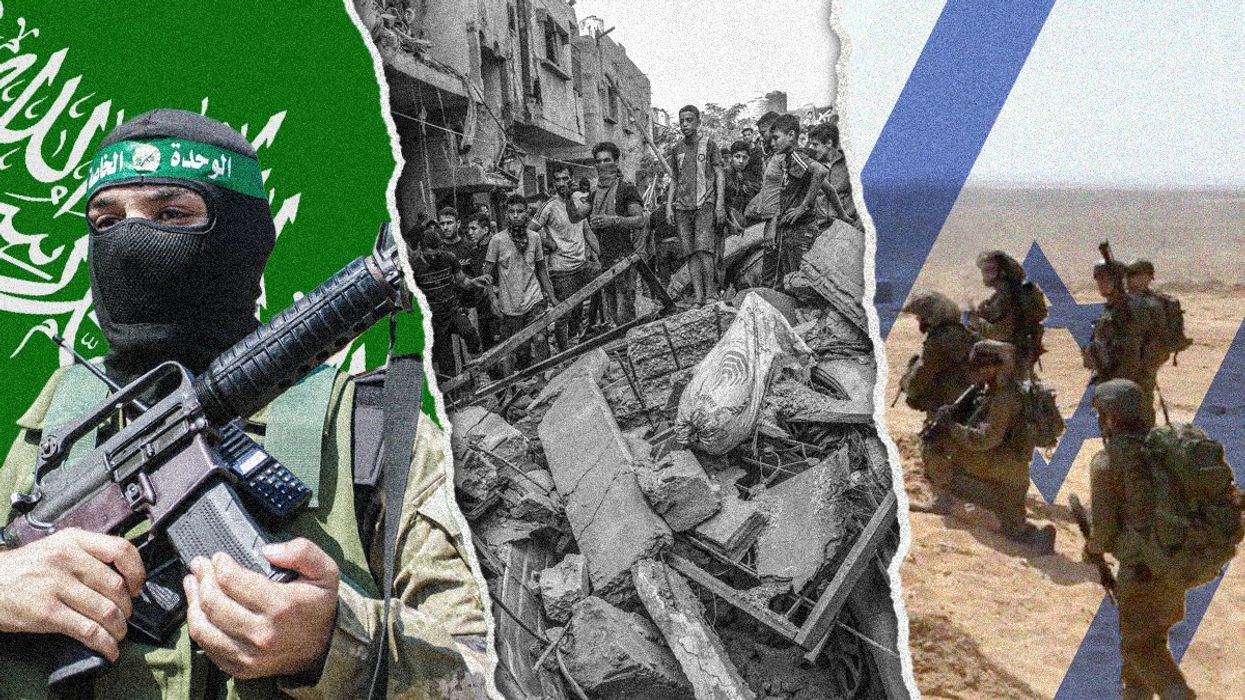What We're Watching
Can Kashmiri voters keep Modi’s party out of control in local assembly?
The Indian-occupied region of Kashmir kicks off its first phase of elections on Wednesday for its own truncated government and local legislative assembly, as New Delhi reintroduces some local authority after taking direct control in 2019.
Sep 17, 2024



